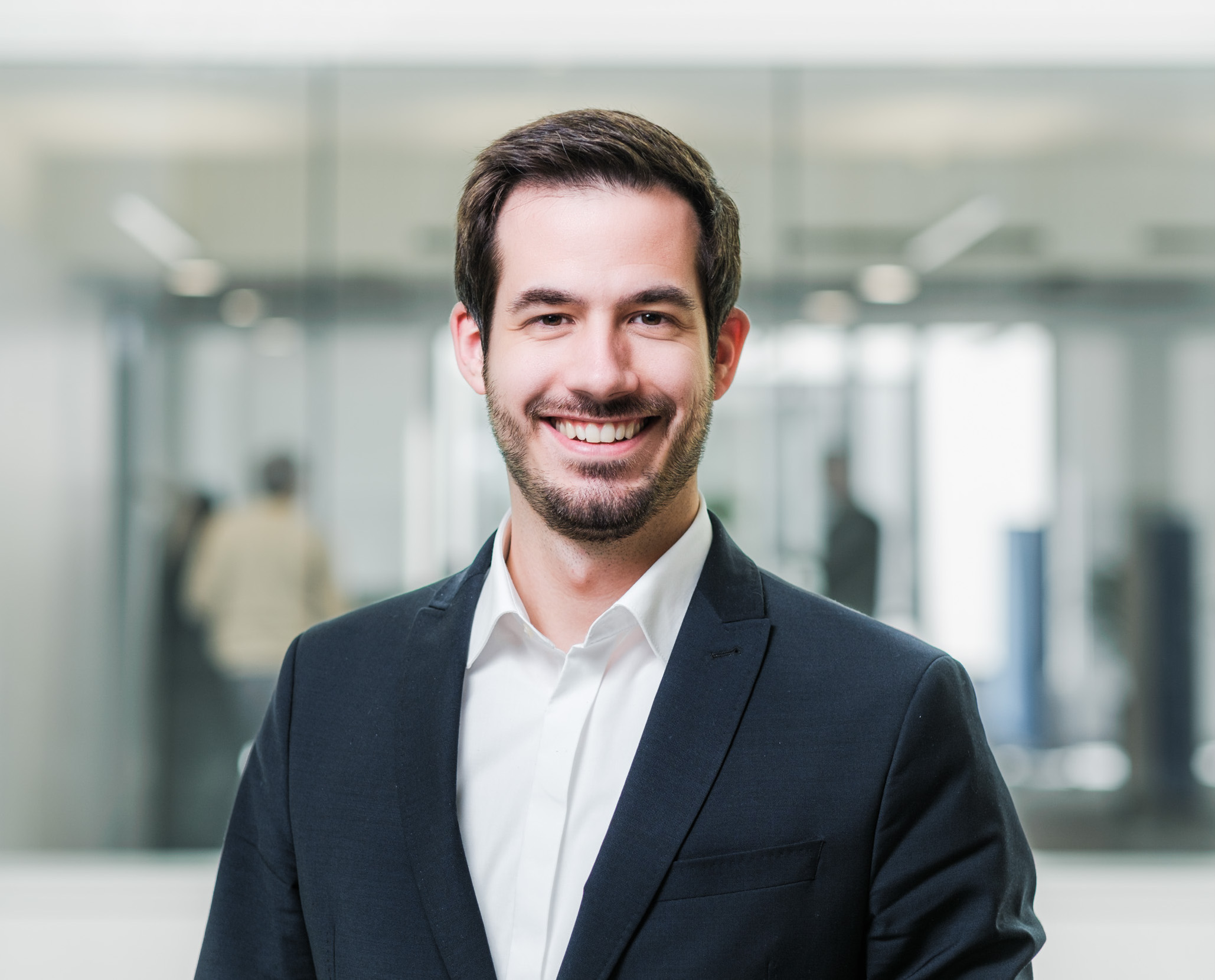
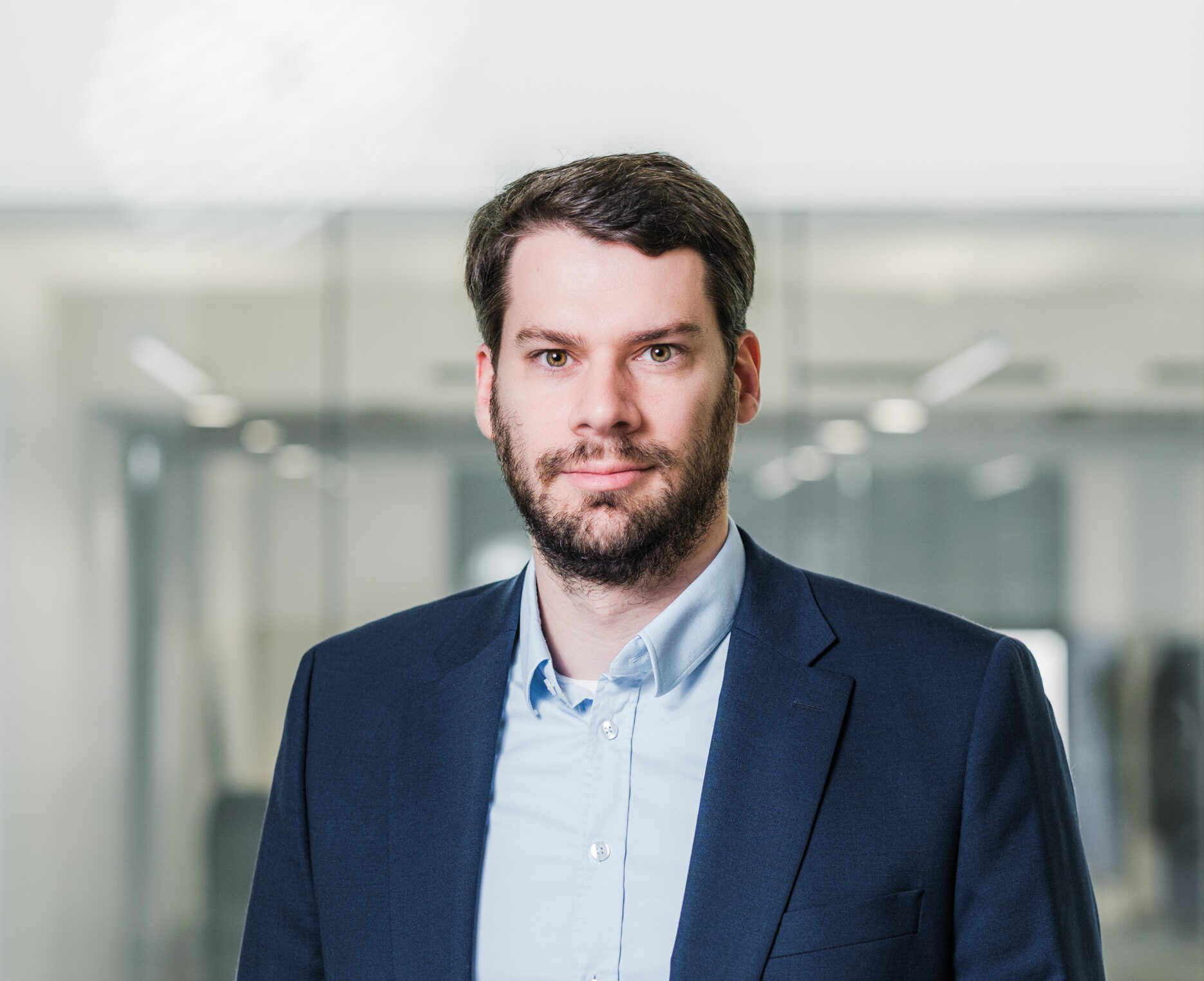
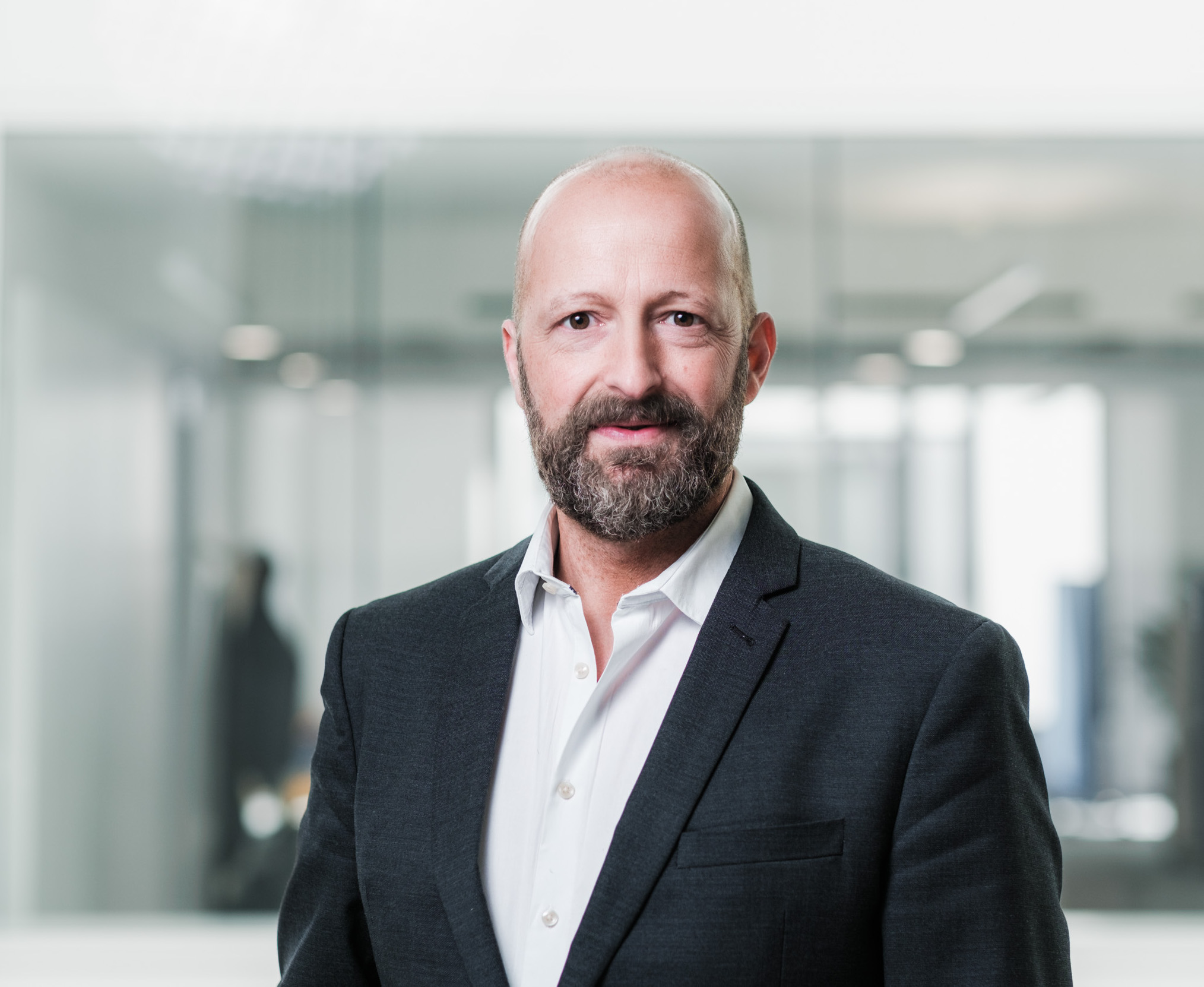
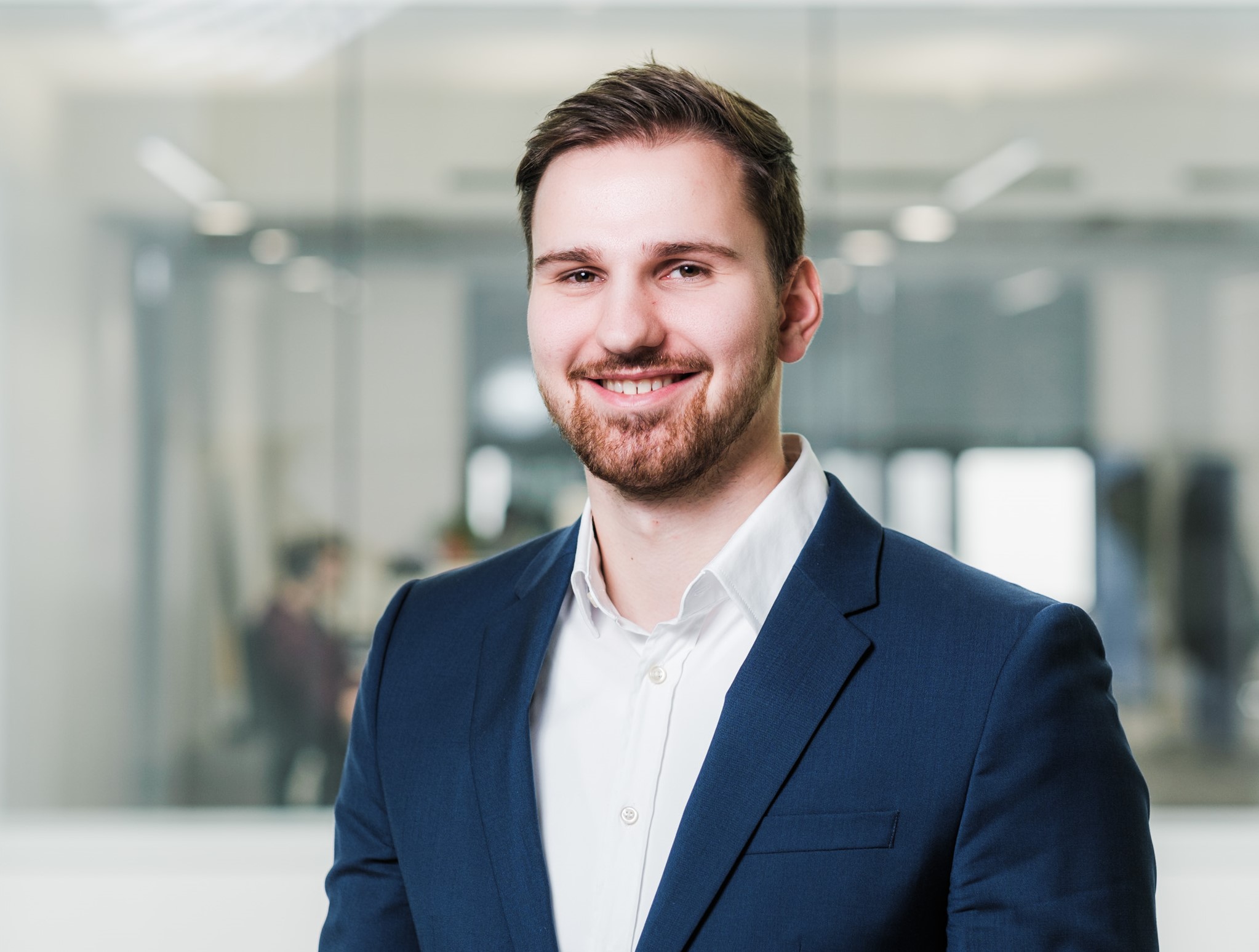
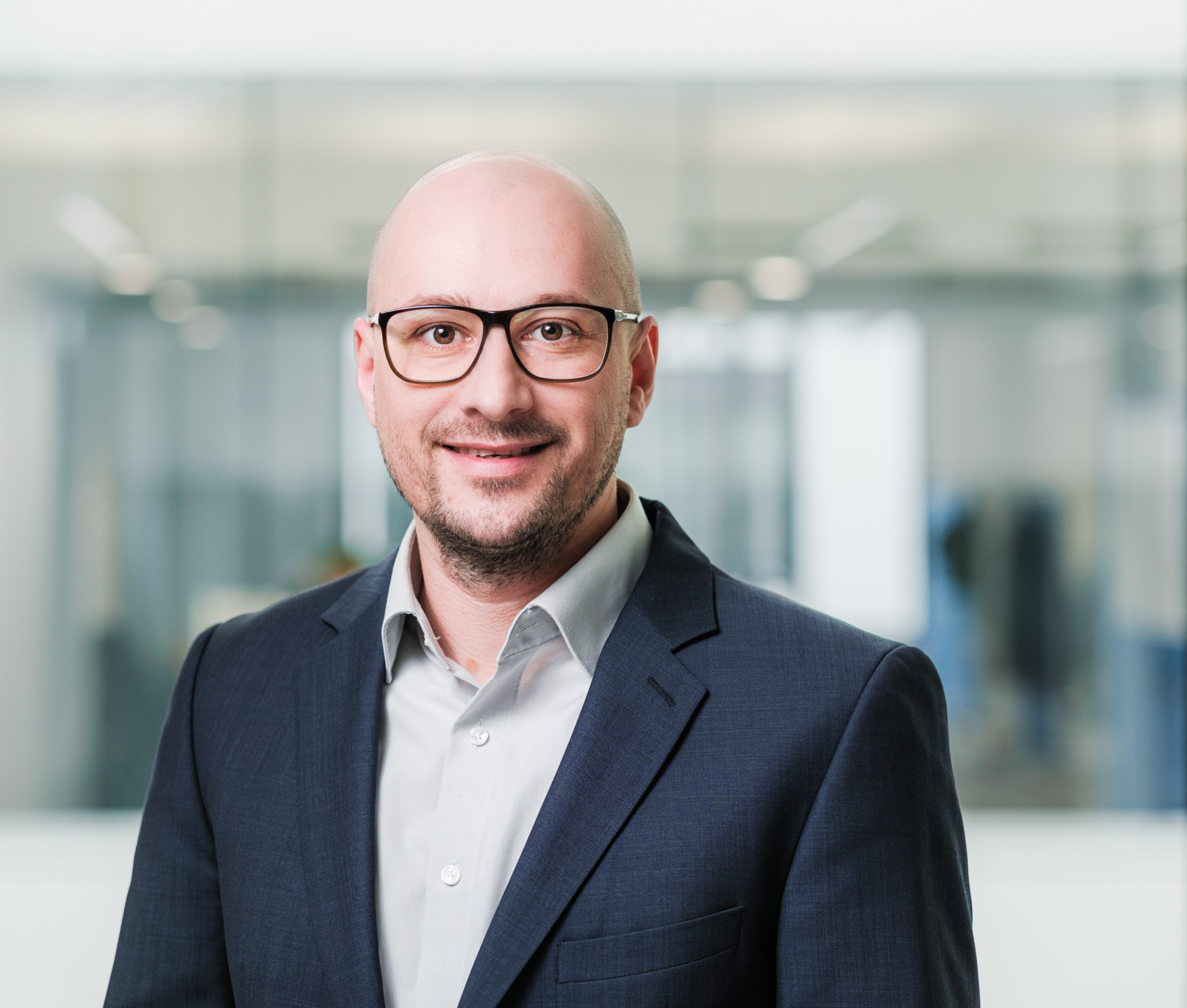

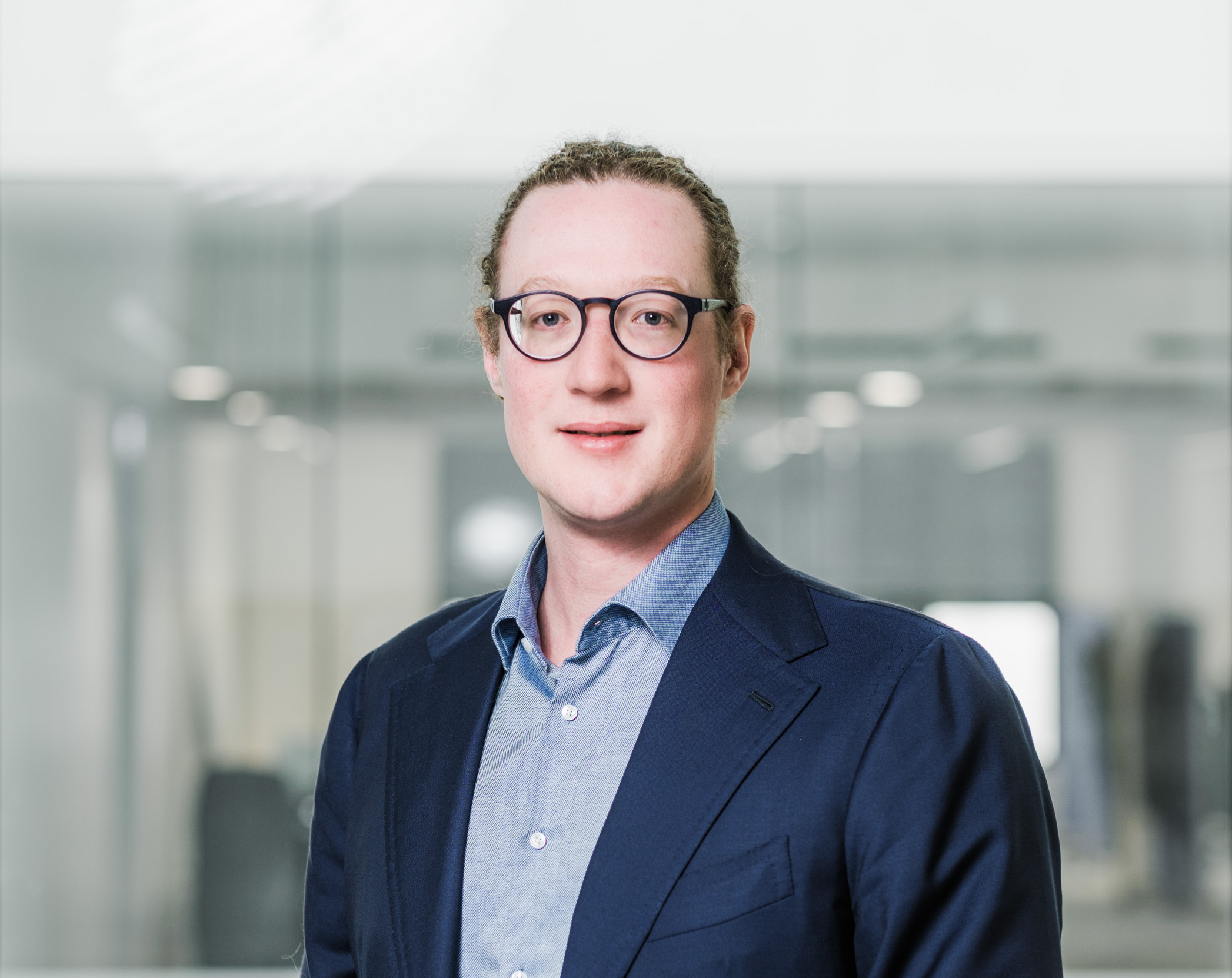
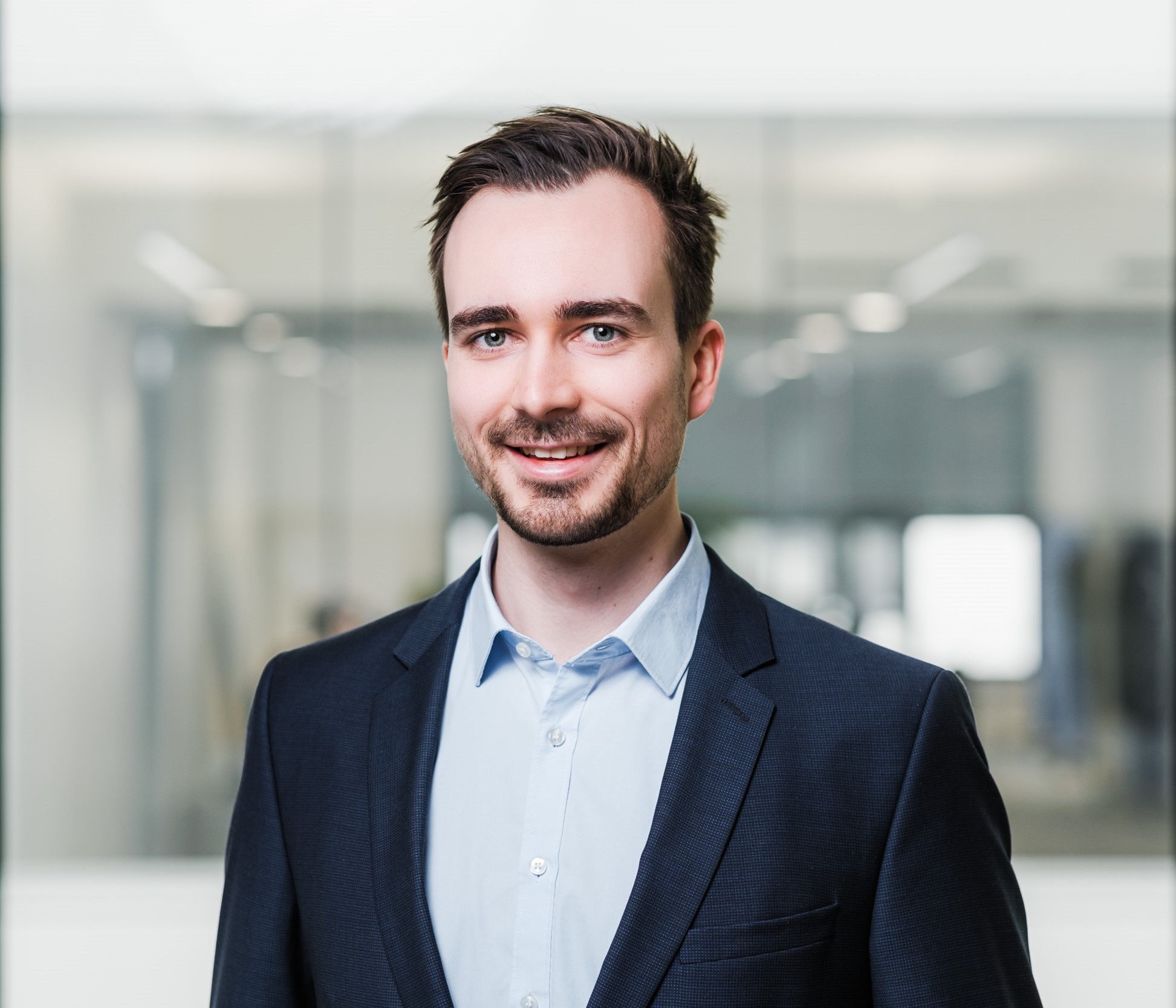
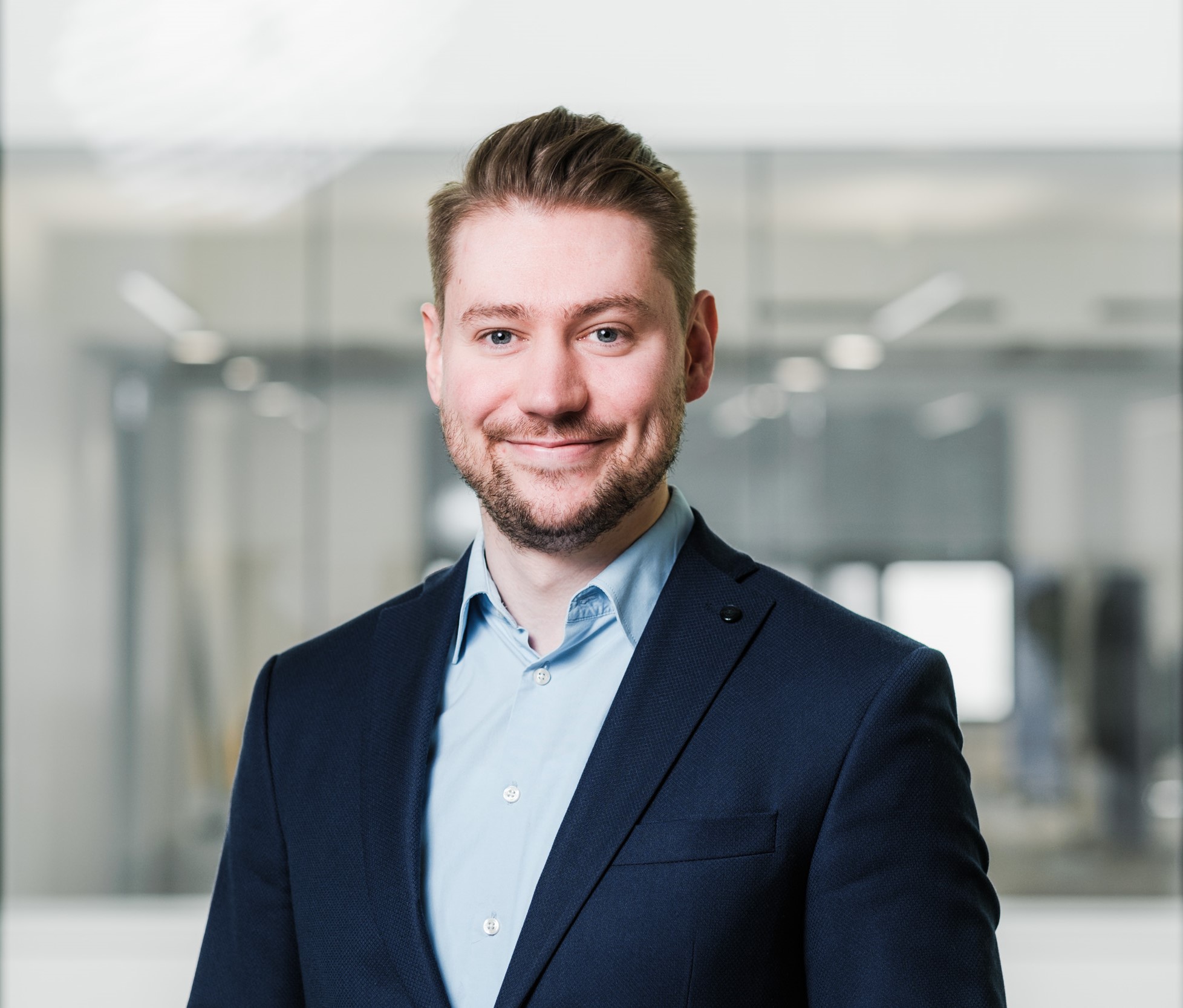
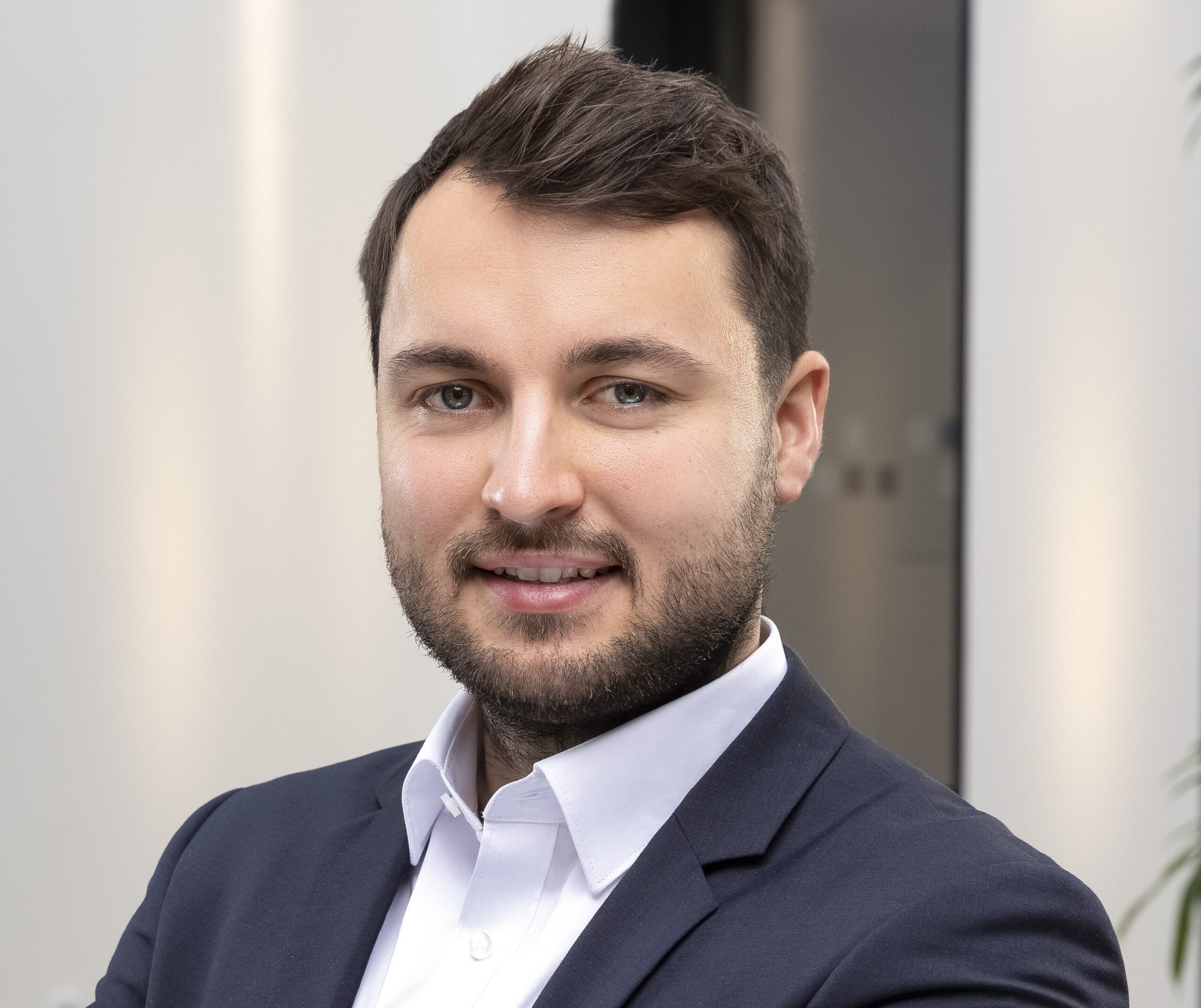
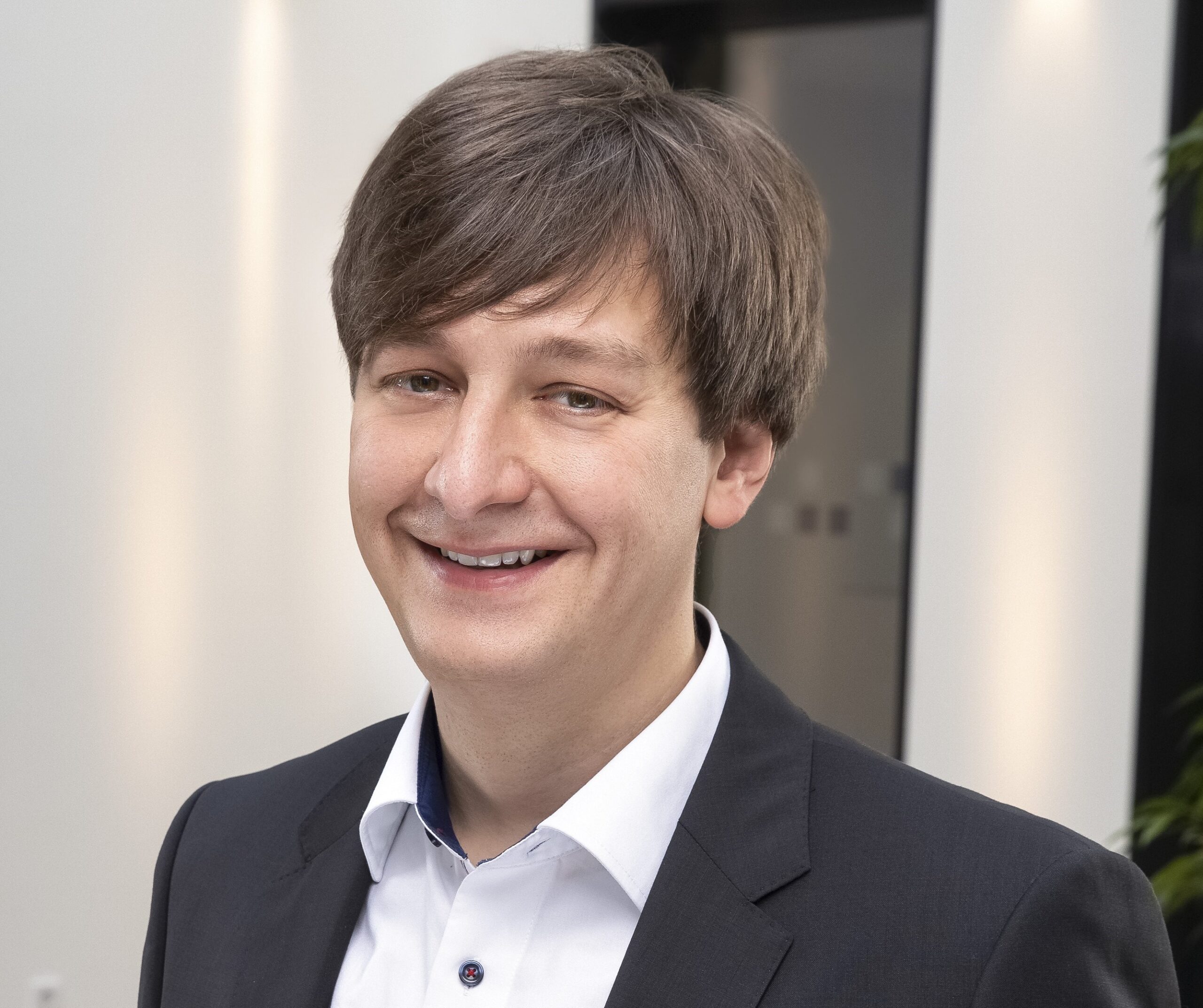
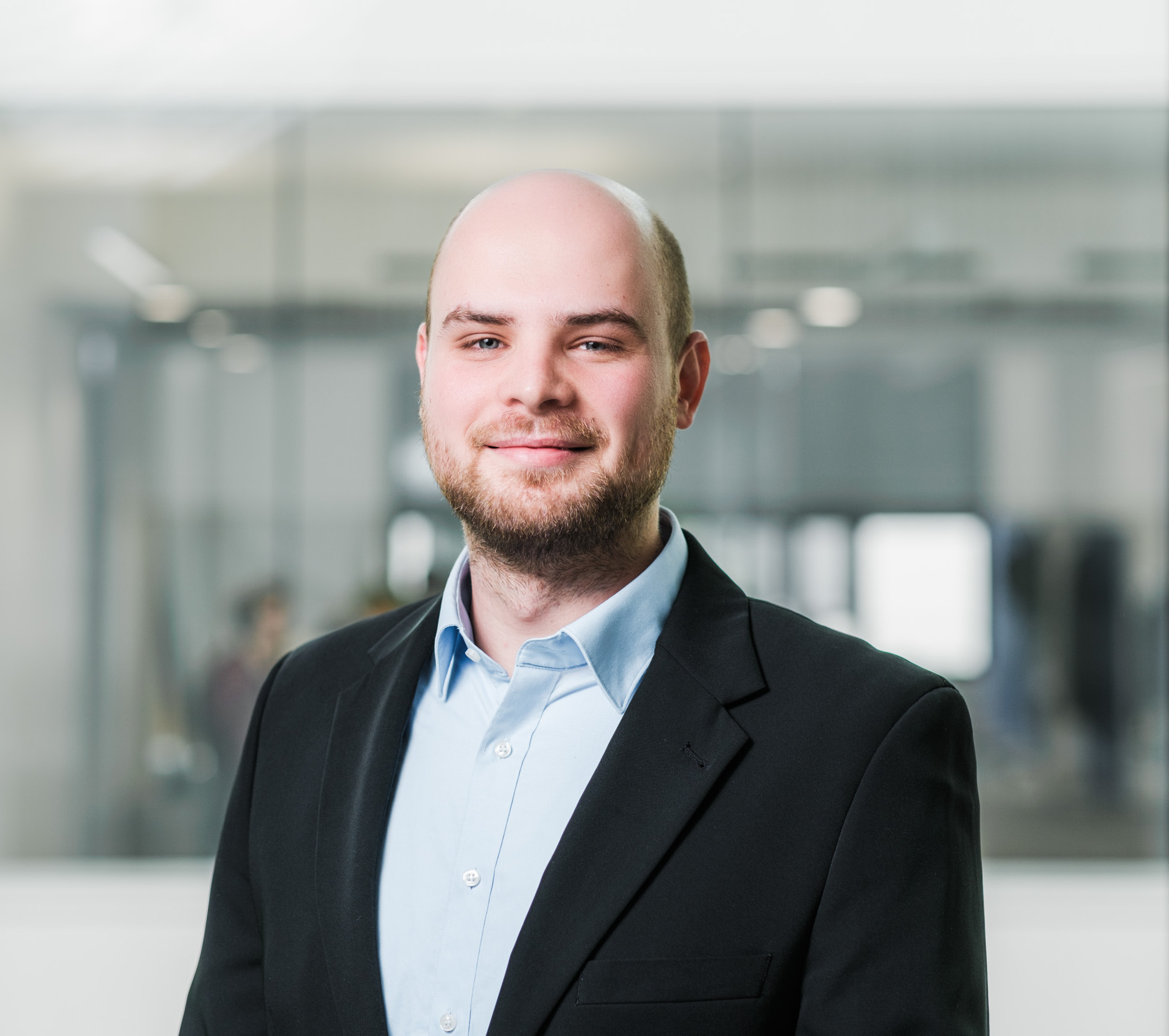
| +49 241 94261024 |
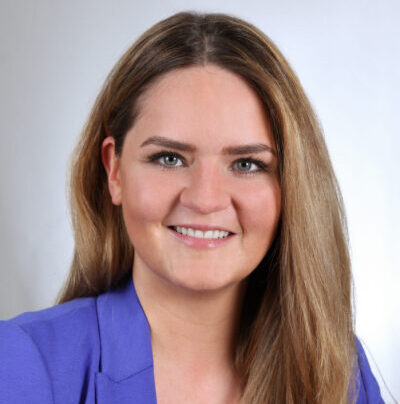
| +49 241 94261023 |
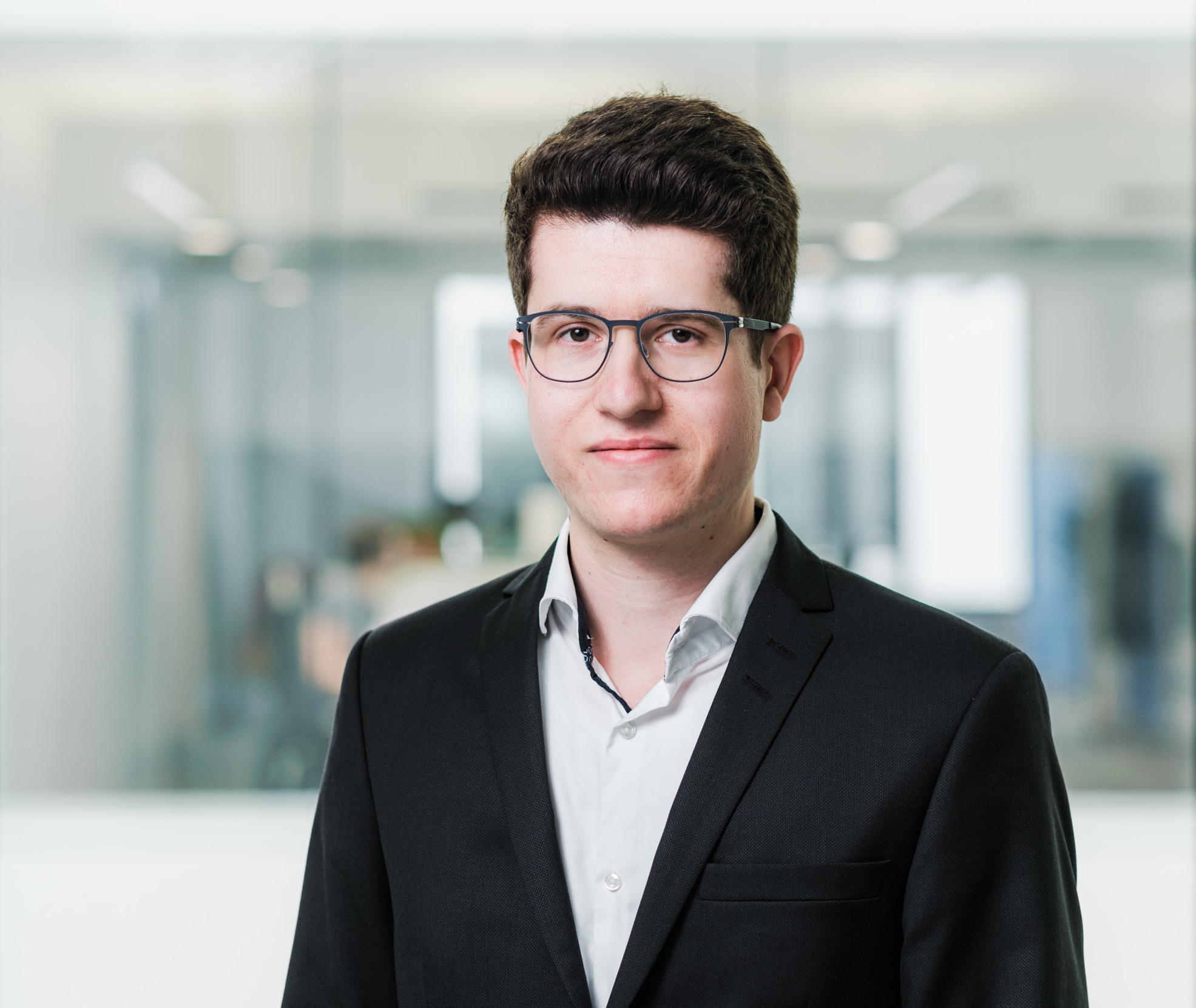
| +49 241 94261027 |


From the goal of wishing to cover the entire spectrum of production technology from one source, we have a broad working field which focuses on the business areas of development and design, quality management, organisation, work preparation, production and assembly as well as control and automation.



The IWM arranges the basic education in material science for the Bachelor program of mechanical engineering and industrial engineering with specialization in mechanical engineering. Courses like, ‘Powder Metallurgy’, ‘High Temperature Application Ceramics and Metals’, ‘Failure Analysis’, ‘Materials Science and Processing’, ‘Structural Materials’, ‘Material Compounds Ceramic-Metals’ and ‘Advanced Ceramics’ are offered for various master programs.
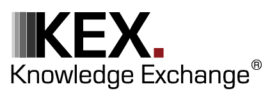
Our platform KEX.net provides comprehensive technical knowledge, based on interaction with renowned research entities and global industrial players. Our technology experts frequently scout the latest applications, materials, production technologies and rate them about economic and technological aspects. The Technology Knowledge Database is the heart of our proposition, containing profiles for core technologies, latest applications, experts, enabling partners and research entities. Further, the Knowledge Area Additive Manufacturing contains hundreds of up-to-date profiles for relevant technologies, materials, applications, experts, companies and markets. Combined with a mighty set of visualization tools like radars, maps, tree structures and export functions you will find a unique solution to cope with major question marks.
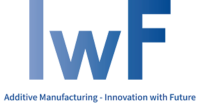


Our team is divided into six research areas: Vehicle Concepts & HMI, Vehicle Structures, Vehicle Dynamics & Acoustics, Energy Management & Drivetrains, Vehicle Intelligence & Automated Driving and Traffic Psychology & Acceptance. Our focus lies on both the individual components and their interaction and on the vehicle as a whole in an overall social context of sustainable mobility. Therefor our teams research and work together closely – in line with our common belief that complex issues always need an approach from various perspectives.
The ika employs more than 150 permanent employees and around 150 student assistants. In addition, there are permanently about 200 student projects in the context of research and development.
